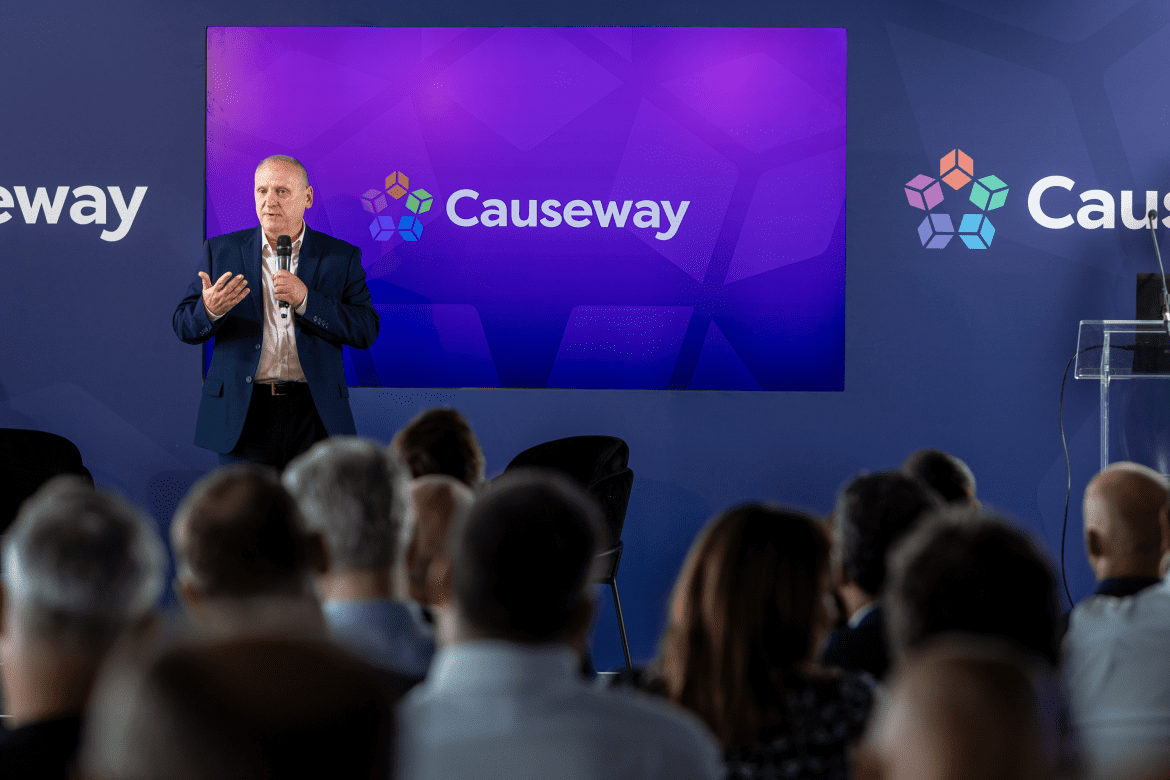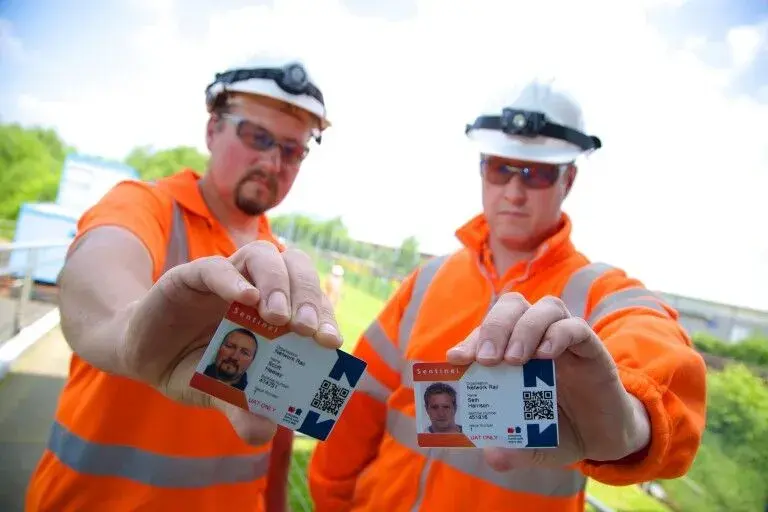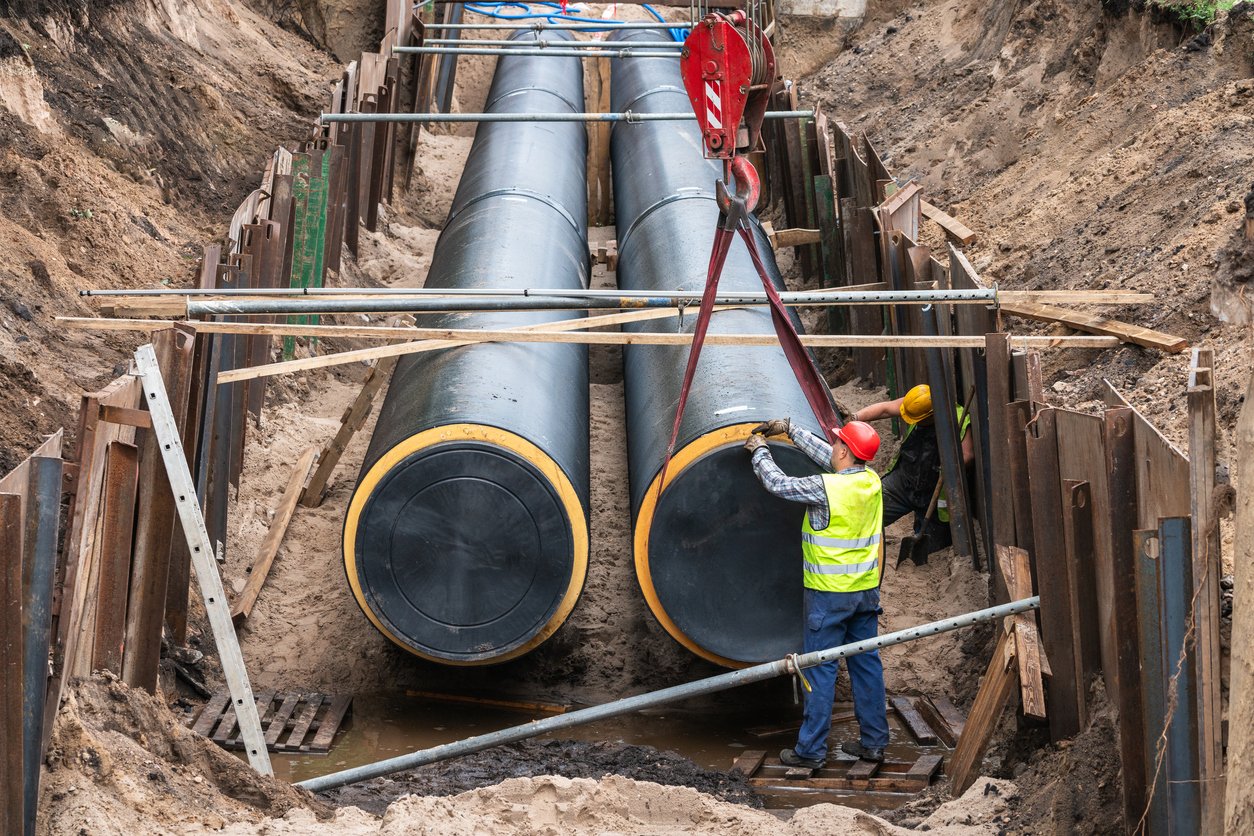
Make digital skills passports mandatory in construction
A major new campaign has been launched calling for digital skills passports to become mandatory on all publicly funded ...
The sheer scale of our water infrastructure is astronomical.
Over 400,000 miles of pipes send fresh water flowing into 50 million homes across the UK. These pipes could stretch all the way to the moon. We have more than enough sewers to make the return journey.
The water flowing through those pipes could fill a lake the size of the M25 each year.
So, it should come as no surprise that maintaining infrastructure at this scale is a massive undertaking.

The water sector operates with five-year business plans called asset management periods – or AMPs. 2025 marks the start of AMP8. At £96 billion, it’s almost double the current levels of investment. It includes:

Water UK project the water workforce will need to increase by 50% if the sector is deliver everything committed.
This comes at the same time that the energy sector is pivoting to clean energy, housing targets are increasing, fewer workers are choosing careers in the built environment and the most highly skilled workers are retiring. That's a perfect storm for workforce management right there.
In the words of Phil Cull, Director at Barhale, “We can’t magic workers out of thin air.” So how will the sector keep delivering over the next five years?
Digital technology can help your organisation face the skills shortage head on.
Phil Cull joined us for a recent webinar, alongside Gareth Mullen, Thames Water and Ian Nixon, Costain. In this webinar, the panel discuss the scale of the workforce challenge, and how the sector can prepare for it.
Complete the form to watch our webinar: how Thames Water, Costain and Barhale are preparing their workforce to deliver across AMP 8.
Digital skills passports are delivering such significant safety and efficiency returns that they should be a key pillar of any utilities organisations AMP8 workforce strategy.
In this video, Gareth Mullen, Head of health and Safety, Thames Water, tells the story of how Thames Water introduced a digital skills passport across their workforce of over 30,000 operatives.
This short guide provides all you need to know about embracing digital workforce management and the wide ranging benefits you can achieve.


A major new campaign has been launched calling for digital skills passports to become mandatory on all publicly funded ...

Lessons from Network Rail Sentinel: How digital skills passports enhance safety, efficiency, and strategic workforce planning ...

Network Rail Sentinel is the largest worker skills passport in the world. With over a decade long track record of success, ...

Digital competency passports are essential for Facilities Management to enhance compliance, efficiency, and competitiveness. ...

Explore why workforce visibility is essential for the UK utilities sector to meet the 2030 Clean Power Strategy and AMP8 goals.

£300bn. 300,000 workers. 5 years. The utilities sector is under pressure like never before. £300bn in planned infrastructure. ...
Causeway's integrated workforce management solution group gives every worker a unique digital ID, that connects to their complete record and can be surfaced by scanning their smartcard, fingerprint or face. This allows you to improve process compliance and reduce accident frequency by ensuring that everyone on site is the right person for the job and only those who are meant to be on site have access through biometric time and attendance.
Safety
Efficiency
Assurance
Reduced labour costs